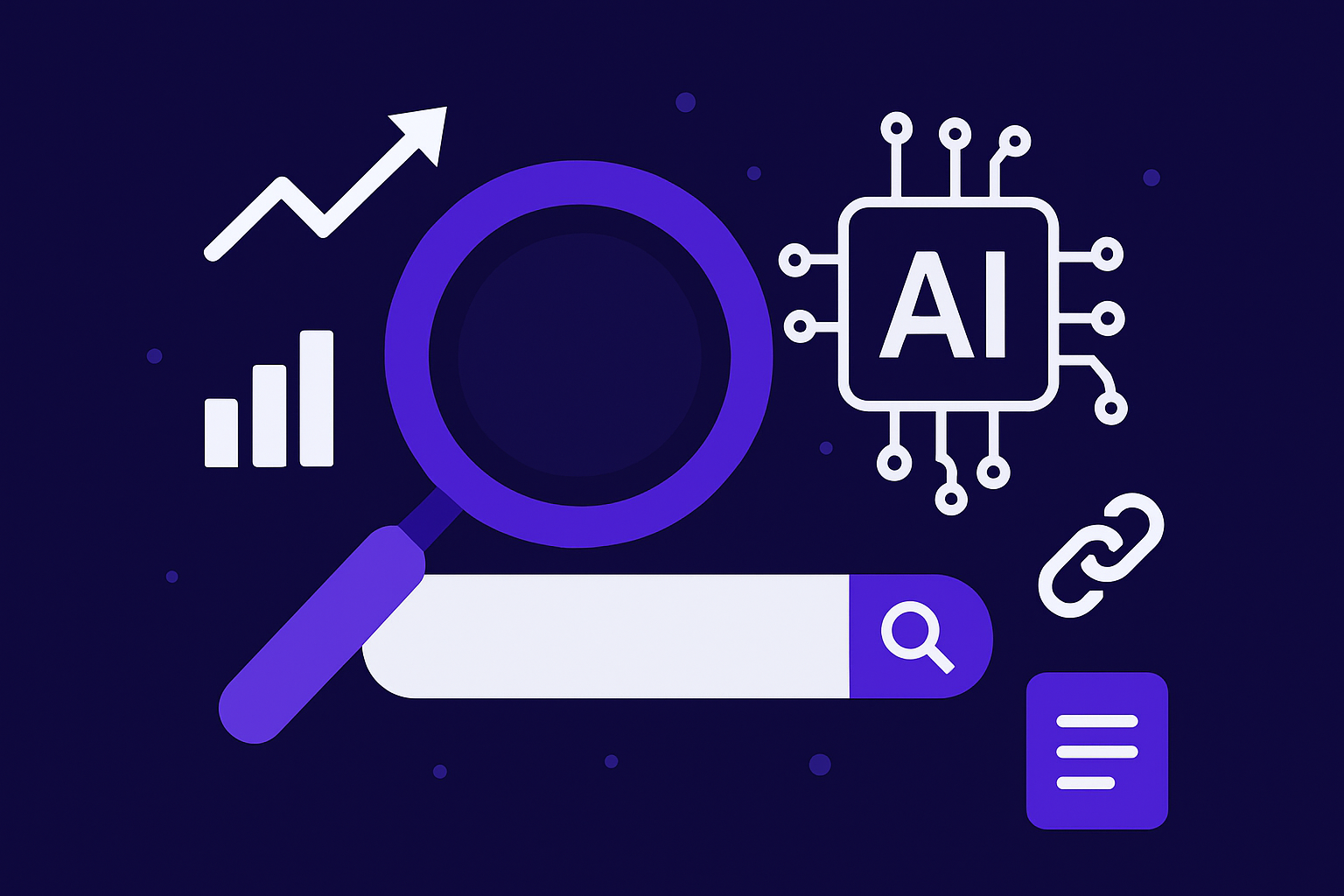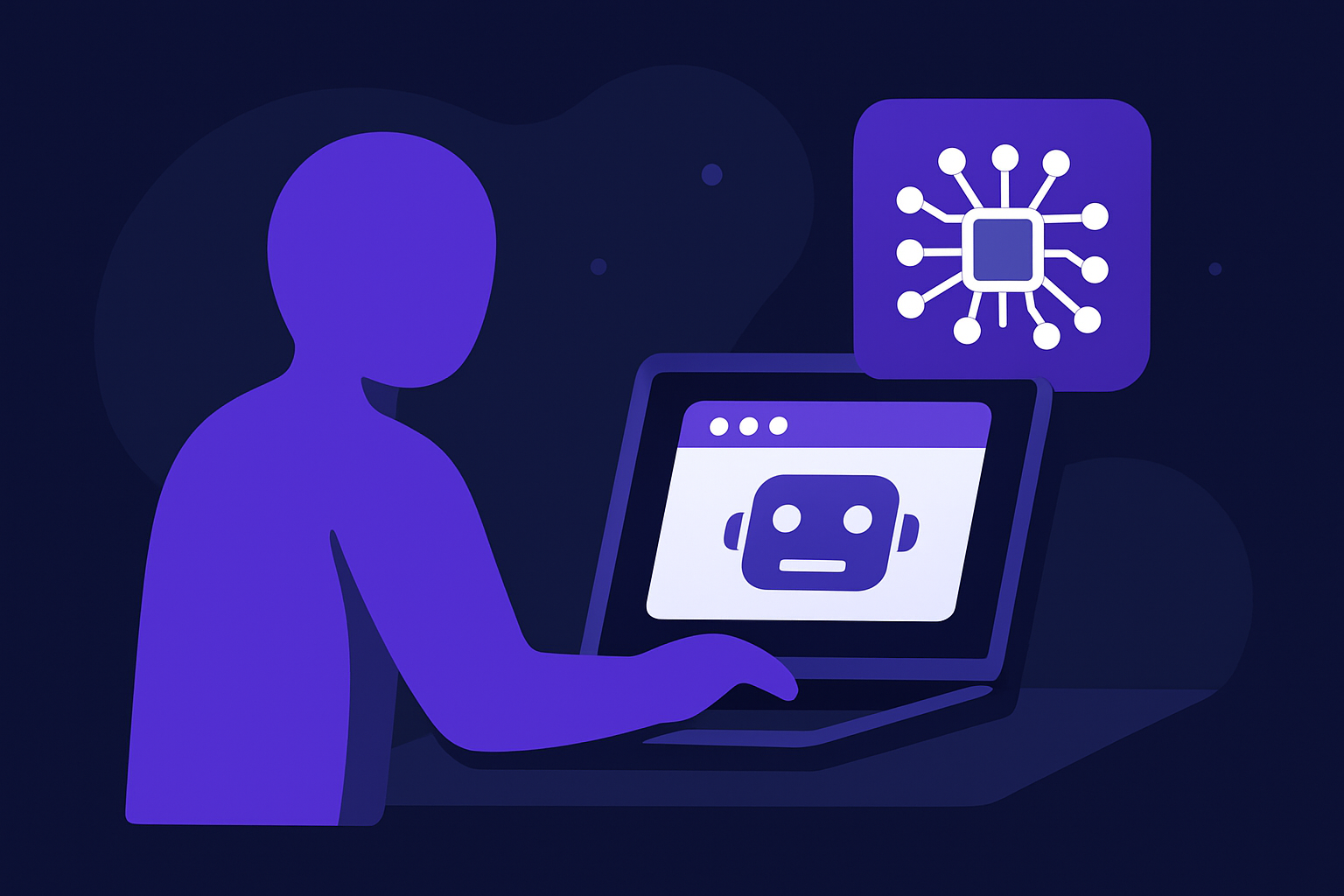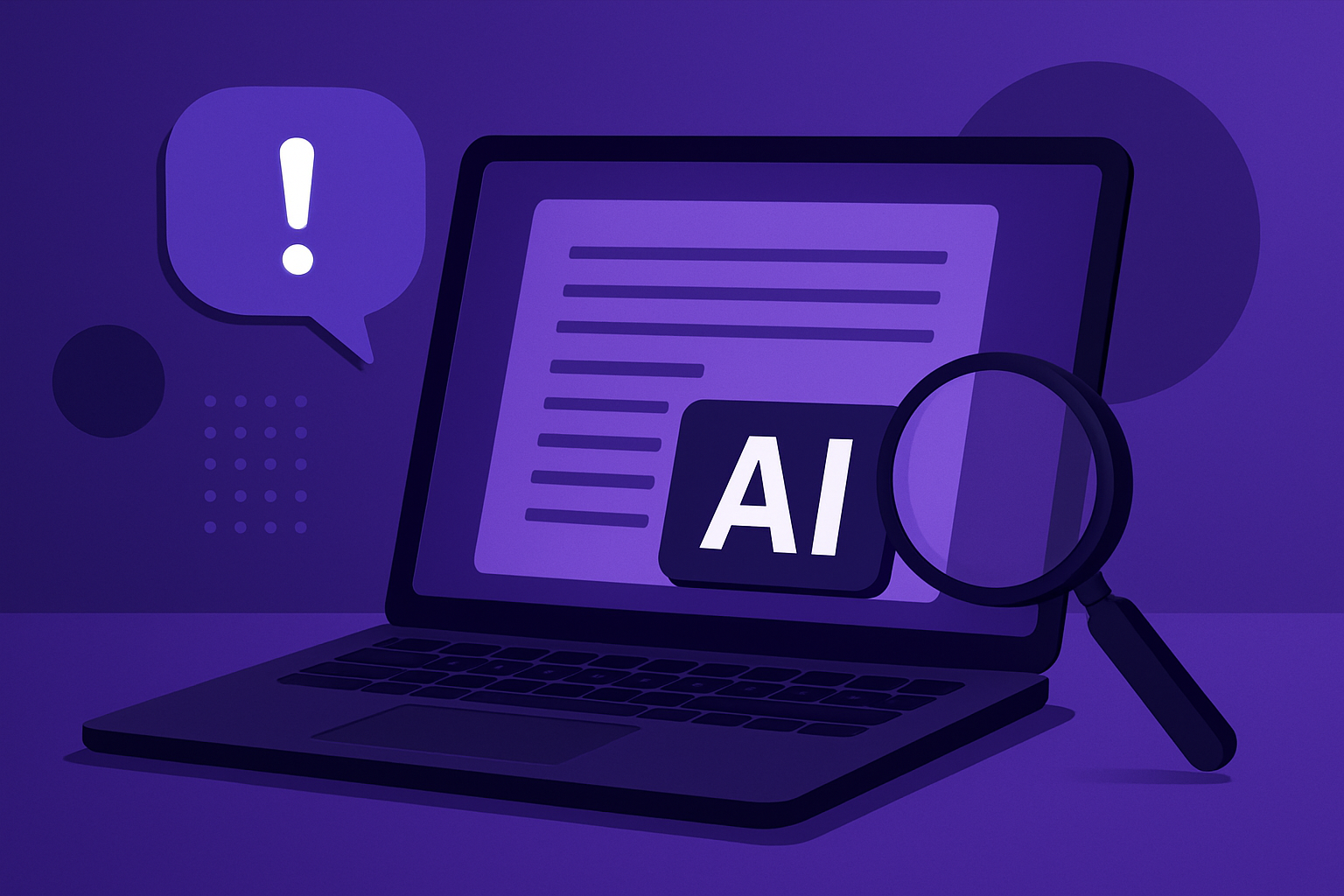In today's rapidly evolving digital landscape, the ability to produce high-quality content efficiently is more crucial than ever. Businesses and individuals alike are constantly seeking ways to enhance their content productivity, often turning to technology for solutions. One of the most promising advancements in this arena is the use of Artificial Intelligence (AI). By leveraging AI, creators can streamline their processes, increase output, and maintain a high standard of quality.
The integration of AI into content creation not only helps in saving time but also adds a level of sophistication that is hard to achieve manually. From drafting and editing to distributing and analyzing, AI tools are transforming how content is produced and consumed. As we explore the various facets of enhancing content productivity with AI, we will uncover how cutting-edge technology is reshaping the creative landscape.
Understanding AI's Role in Content Creation
Artificial Intelligence has gradually become an integral part of the content creation process. By automating repetitive tasks, AI enables creators to focus more on creativity and strategy. For instance, AI-driven writing assistants can generate drafts or suggest improvements, helping writers and editors refine their work without starting from scratch.
Moreover, AI tools can analyze vast amounts of data to provide insights into what type of content resonates best with specific audiences. This analytical prowess allows content creators to tailor their efforts more effectively, increasing engagement and driving results. Such data-driven insights were previously time-consuming and labor-intensive to gather and interpret.
Another notable advantage of AI in content creation is its ability to personalize content at scale. By learning from user interactions, AI systems can recommend personalized content, ensuring that each consumer receives the most relevant and compelling material according to their preferences and behavior.
Improving Efficiency with AI-Powered Tools
The efficiency of the content production process has been significantly enhanced by AI-powered tools. These tools include everything from grammar and style checkers to advanced SEO analyzers, each designed to optimize different aspects of content creation. Grammarly, for instance, uses AI algorithms to identify and suggest corrections for language errors, improving the quality of written content.
Furthermore, AI tools like Jasper and Copy.ai have revolutionized how writers approach content generation. These platforms allow users to quickly draft high-quality content based on minimal input, saving valuable time and resources. As a result, writers can concentrate on refining and personalizing their output rather than getting bogged down in the initial stages of writing.
AI's ability to automate scheduling and publishing processes is another boon for productivity. By managing these logistical aspects, AI frees up time for creators to develop new ideas and engage with their audience more actively, further enhancing overall productivity and effectiveness.
AI-Driven Insights for Strategic Content Development
One of the most powerful contributions of AI to content productivity is its capacity to deliver strategic insights. By tracking and analyzing metrics across various platforms, AI can identify trends, measure performance, and forecast future content needs. These insights help creators make informed decisions about what type of content to produce and when to release it.
AI tools like Google Analytics and HubSpot use algorithms to evaluate website traffic patterns, social media engagement, and user demographics. Such information enables content teams to better understand their audience, improving both short-term tactics and long-term strategy. With these insights, creators can focus on producing content that aligns with audience interests, thereby maximizing impact.
Additionally, predictive analytics powered by AI can identify potential challenges and opportunities in the content ecosystem. By anticipating changes in consumer behavior or market conditions, creators can proactively adjust their strategies to stay a of the competition, maintaining relevance in an ever-changing digital environment.
Ethical Considerations in AI-Enhanced Content Creation
While AI can undoubtedly boost content productivity, it also raises important ethical considerations that creators must address. The use of AI in content creation brings up questions about authenticity, originality, and intellectual property rights. It's essential for creators to ensure that AI-generated content maintains a level of transparency and credibility.
Furthermore, reliance on AI tools should not overshadow the value of human creativity and intuition. While AI can handle data-driven elements efficiently, it is the human touch that adds depth and emotion to content. Striking a balance between automation and human creativity is crucial for maintaining authenticity and quality.
Lastly, creators must consider the ethical implications of data usage in AI systems. Proper data handling, consent, and privacy norms need to be followed to maintain trust and integrity in the eyes of the audience. Being transparent about AI’s role in content creation can build trust and showcase a commitment to ethical practices.
As we have explored, AI offers numerous advantages to enhance content productivity, from improving efficiency and providing strategic insights to maintaining high standards of quality. However, while AI tools present exciting opportunities, balancing them with human creativity and ethical considerations remains vital.
In conclusion, AI represents a powerful ally for content creators aiming to improve their productivity and impact. By adopting AI responsibly, creators can harness its full potential while preserving the authenticity and emotional connection that is intrinsic to great content. As technology continues to evolve, staying informed and adaptable will be key to thriving in the AI-enhanced content landscape.













